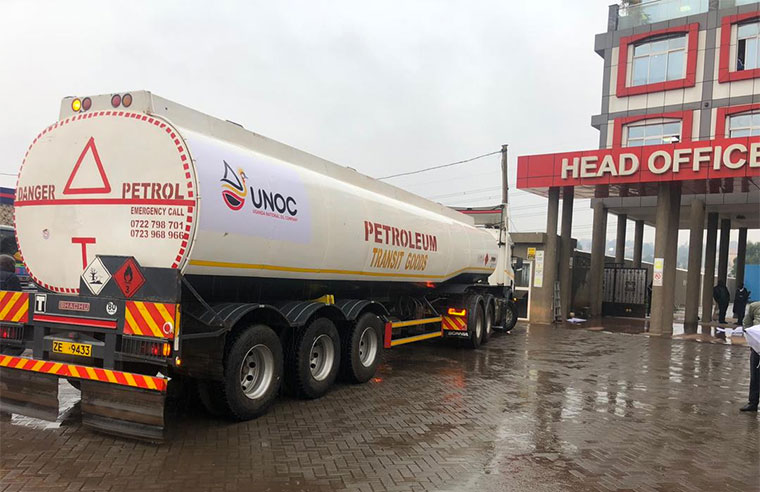If small and Medium Enterprises (SMEs) are to fully exploit opportunities in the oil and gas sector, oil companies should assist the government in financing and capacity building an expert has said.
Experts believe SMEs can participate at any level in the oil and gas value chain, but need a lot of financing and mentoring to fully exploit.
Dr Valerie Marcel, associate fellow, Energy, environment and resources at Chatham House said it is a common challenge for SMEs to access the capital and build up their skills and there should be a concerted by bigger players.
She explained that oil companies and the government can collect and pool funds the support the SME players in the sector.
“If SMEs are to develop capacity-wise, oil companies need to deliberately support government by contributing to a fund, government alone cannot be efficient,” she said.
She added; “Although the oil has not started flowing yet, the SMEs who are the biggest employers in the economy should be supported.”
Dr Marcel was speaking at the first sectoral linkages conference for the oil and gas sector in Kampala organized by the Petroleum Authority of Uganda under the theme “Leveraging Uganda’s oil and gas sector to enhance broad-based economic growth and development”.
She explained that countries like Angola in the early days failed to recognise and train SMEs leading to weak local capability hence poor metallurgical sector and scarcity of skilled labour
“Imagine, oil and gas contribute to 90 per cent of Angola’s exports but it reached a point where they don’t have their own SMEs as players, this became detrimental and Uganda should not go this way,” she said.
She added; that SMEs that are suppliers of the Nigerian oil and gas industry also serve other sectors of the economy: IT, agro-processing, construction, manufacturing sector, power, military, petrochemical and solid minerals sectors, this is because Nigeria built capacity early.”
Mr Ernest Rubondo, Executive Director at PAU, explained that sectoral linkages are wider, and the development of these linkages would enable the maximisation of national content in the oil and gas sector.
He observed that it would also contribute to the diversification of the economy and ensure that the infrastructure set up for the oil and gas projects is sustained over the long term during the decline of activities in the oil and gas sector.
“Several countries including the United Arab Emirate (UAE) and Norway among others leveraged the oil and gas sector to develop their other sectors,” he said.
According to PAU by the end of March 2024, employment in the sector stood at 13,607 with over 90 per cent being Ugandans.
Throughout the year 2023, employment within the Oil and Gas Sector experienced a positive trajectory, witnessing an increase from 12,949 employees in Quarter One to 13,067 in Quarter Four, with a peak of 13,819 by the end of June.
Mr Rubondo said the sector’s employment landscape was characterized by direct employment by licensees and significant employment opportunities generated by contractors and subcontractors, with a strong emphasis on engaging nationals
He explained that efforts to bolster human capital development were evident through robust training initiatives undertaken by both licensees and contractors.
“A total expenditure of $ 6,000,629 was dedicated to training Ugandans across various disciplines, amounting to 417,507 man-hours in 2023,” he said.
He added; In the year 2023, capacity building among public officers benefitted 51 individuals with sponsored training programs and 945 Ugandans benefiting from internships and specialized training opportunities.”
From 2021 to date, UPA has reviewed 271 contracts worth $7.162bn of which contracts worth $1.796bn which is 25 per cent were awarded to Ugandan companies.
Procurement activities within the sector have continued to reflect a concerted effort to promote national content and enhance local economic participation.
In the year 2023, the licensees effectively executed 852 procurements worth $ 501,175,754 of which 718 procurements 84 percent worth $ 257,785,592 -51 percent went to local companies.
In addition, 87 procurements worth $56,346,666 of which 11 per cent were awarded to joint ventures between Ugandan companies and foreign companies.






